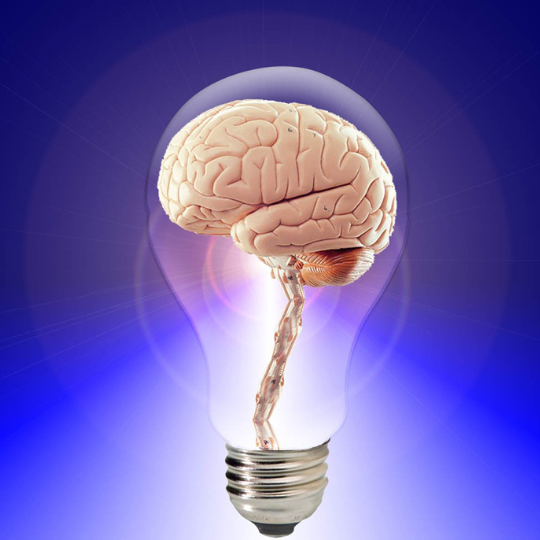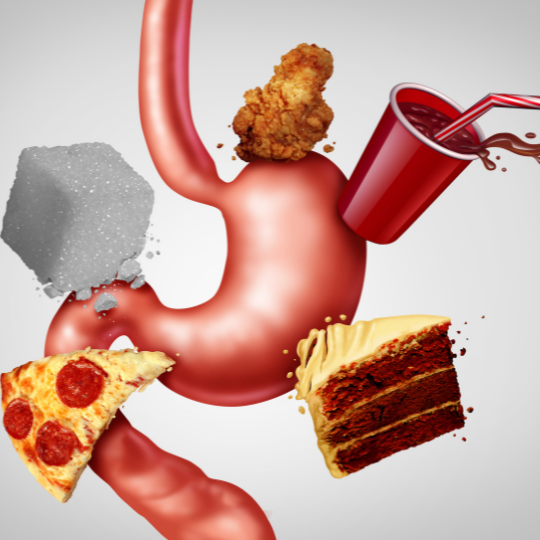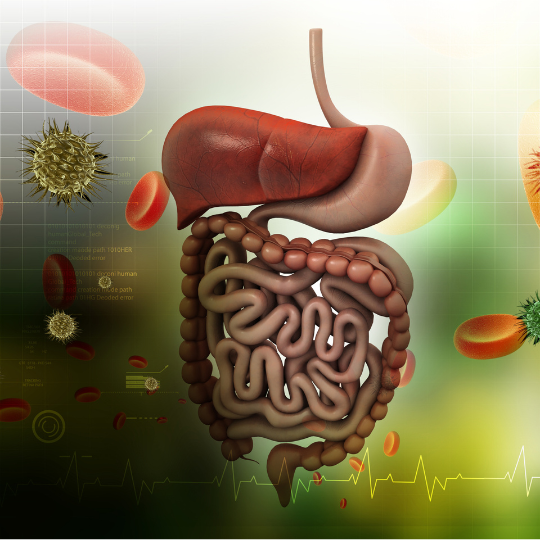First, some nomenclature
Amphetamines are a class of stimulant drugs that are commonly used to treat attention deficit hyperactivity disorder (ADHD) and narcolepsy, a sleep disorder. They work by increasing the levels of certain neurotransmitters in the brain, including dopamine and norepinephrine, which are involved in the regulation of mood, attention, and energy.
There are several different types of amphetamines, including amphetamine, dextroamphetamine, and lisdexamfetamine. These drugs can be taken orally, snorted, or injected, and they produce a range of effects on the body, including increased alertness, concentration, and physical energy.

Mechanism of action and use
The metabolism of amphetamines involves their conversion to active metabolites, which are then metabolized by the liver and excreted in the urine. The physiological effects of amphetamines vary depending on the dose and the individual, but they may include increased heart rate, blood pressure, and body temperature, as well as dilated pupils, sweating, and dry mouth. Physiologically speaking, one can make a case that the amphetamine effects would be thus better tolerated by people with a decreased metabolism, characterized by lower heart rate and blood pressure values, as well as a lower core temperature. However, their effects extend beyond the physiological realm and molecular effects also need to be considered as those are arguably even more important.
While amphetamines can have some beneficial effects when used medically under the supervision of a healthcare provider, their recreational use can be risky. Some people use amphetamines to increase their productivity or to stay awake for long periods of time, pushing their physiology out of the natural and healthy balance it belongs to. The negative consequences of this type of use can outweigh any potential benefits, as both extreme and repeated stress is inflicted on the body and supraphysiological molecular effects are triggered in the neurons. Using amphetamines can therefore lead to a number of negative health effects, including anxiety, insomnia, high blood pressure, heart palpitations, and even stroke. In addition, people who use amphetamines recreationally are at risk of developing an addiction to the drug.

What about genetics?
There are several genetic factors that can affect the metabolism of amphetamines. These factors are often referred to as single nucleotide polymorphisms (SNPs), which are variations in a single base pair in a person’s DNA that can alter the function of a gene:
- One SNP that has been studied in relation to amphetamine metabolism is a variation in the gene encoding the enzyme CYP2D6. This enzyme is responsible for metabolizing many different drugs, including amphetamines and a slower metabolism of amphetamines can lead to a higher risk of toxic effects from the drug
- Another SNP that has been studied in relation to amphetamine metabolism is a variation in the gene encoding the enzyme MAO-A. This enzyme is also involved in the break-down of amphetamines; again slower is worse from a health perspective
- Finally, a SNP in the gene encoding the enzyme COMT has also been studied in relation to amphetamine metabolism. The COMT Val158Met polymorphism has been associated with differences in the metabolism of amphetamines and other drugs, with the Met variant being associated with faster metabolism.
It is important to note that these SNPs are just a few examples of the many genetic factors that can affect the metabolism of amphetamines. There is still much that is not known about the role of genetics in drug metabolism, and more research is needed to fully understand the complex interactions between genes and drugs.

Future Avenues
If you or someone you know is struggling with amphetamine use or addiction, it is important to seek help from a healthcare professional. They can provide support and treatment options to help you overcome your addiction and lead a healthy, fulfilling life.
That being said, MDMA, a form of amphetamine, is currently being researched for treatment of specific types of trauma, such as PTSD, and is showing promising results. In case of need, this could also represent a form of treatment that can alleviate one’s situation. But like with everything, it is context dependent and the potential side effects need to be weighed against the benefit that MDMA is purported to provide.
At least with time, this will ensure the pharmacologic quality of MDMA can be controlled for, to avoid any black market use risk; the latter is by itself inherently dangerous as there is no guarantee of the actual substance being bought. And in some cases, this can also lead to unfortunate consequences and even death, an obviously much more serious situation than in the case of the still unregulated supplements market.
So where are you on the amphetamine spectrum? Craving it? Or is it maybe a viable treatment alternative for you? Regardless, choose wisely what you get yourself into. This is not candy!













